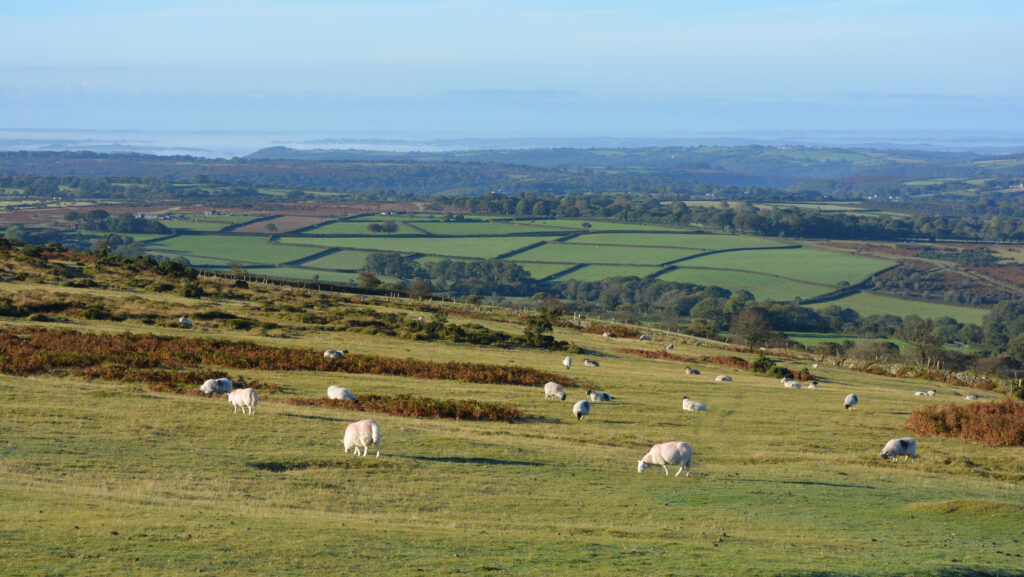NFU disputes Packham’s ‘misleading’ Dartmoor grazing claims
 © Adobe Stock
© Adobe Stock The NFU has hit back at broadcaster Chris Packham over his claims that upland sheep grazing is causing “ecological disaster zones” in places like Dartmoor, accusing him of painting a “deeply misleading picture” of hill farming.
Mr Packham, a co-director of environmental group Wild Justice, launched a blistering attack in a Guardian column, claiming taxpayers are “subsidising sheep grazing on the uplands” and calling Dartmoor’s blanket bogs an “ecological disgrace”.
He argues that upland farms contribute little to food security and calls for radical change. “Remove the sheep, restore and rewet the bogs, and then leave them alone,” he writes in his column.
See also: Stocking rate questions unanswered by Dartmoor review response
But the NFU says Mr Packham’s view misrepresents both the landscape and the farmers who manage it.
“Comments like Chris Packham’s present a deeply misleading picture of upland farming,” said NFU deputy president David Exwood. “One that doesn’t reflect the realities faced by those working the land.
“Upland farmers play a vital role in supporting food security, enhancing biodiversity, and sustaining rural communities. And, as we know, livestock grazing has shaped and maintained these landscapes for generations.”
Legal challenge
The union’s defence comes following a two-day judicial review at the High Court in London (July 15-16) brought by Wild Justice, examining whether the Dartmoor Commoners’ Council has breached its duties by allowing overgrazing on protected moorland.
Mat Cole, chairman of the NFU Uplands South Group and a Dartmoor farmer, also hit back in a letter to The Guardian.
“After a day tending to the sheep and cattle on our Dartmoor hill farm, looking over the sphagnum moss in full bloom and the heather starting to turn its regal purple, I couldn’t disagree more with Chris Packham’s views on the land.”
Mr Cole accused Mr Packham of ignoring the “rich biodiversity” created by centuries of farming and defended stocking levels. “During summer, there are only 0.3 animals per hectare, including ponies,” he said,
He also noted active restoration efforts: “On my own land, I’ve recently rewetted 500 acres of moorland, not as a box-ticking exercise, but as a meaningful investment in the future of the land.”
Co-existence
The NFU’s new uplands vision outlines how farming and nature can co-exist.
Mr Exwood added: “We’ll continue working with stakeholders to promote this positive, evidence-based view and challenge outdated narratives like Mr Packham’s.”
The outcome of the legal challenge could have an impact on how grazing is managed at Dartmoor in the future. The judgment has been reserved until a later date.
